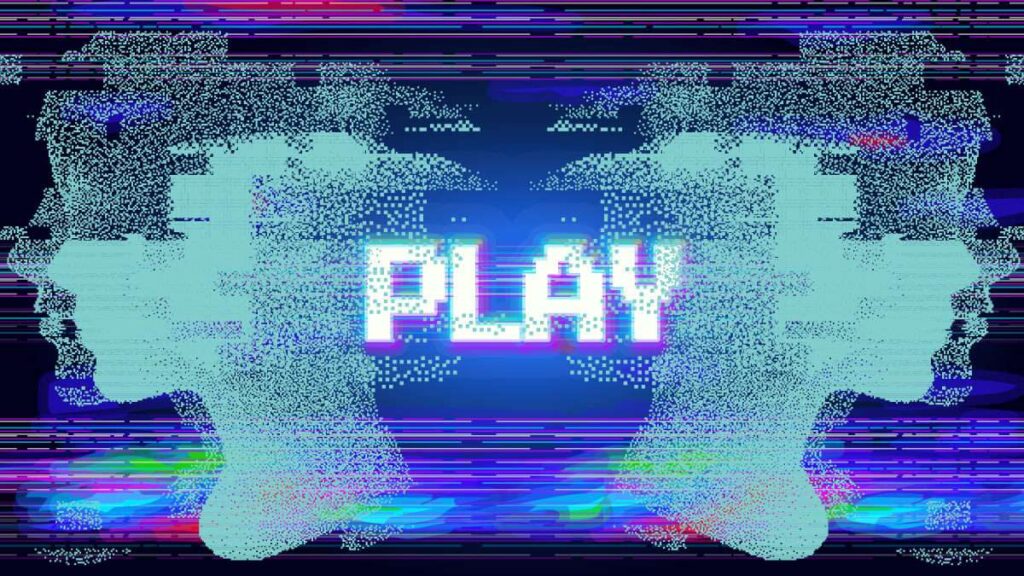
The link between games and mental health is not an obvious one, but many gamers can attest to the effectiveness of some types of video games when it comes to improving or aiding in their mental health struggles. There’s nothing like spending a few hours isolated from the outside world, just you and you’re in game characters, missions, goals, and gameplay.
Everyday life can get monotone, and there are few things as engaging and exciting as videogames that grip both our mind and body. Engaging activities such as video games can do wonders for your mental health, sometime just by giving you a break from intrusive thoughts, occupying your hands, granting a sense of fulfilment, and more.
Depression, general anxiety, post-traumatic stress disorder (PTSD), obsessive-compulsive disorder, and panic disorder are some of the most prevalent mental health conditions that the general public experiences and are diagnosed with. These conditions are surprisingly prevalent all over the world.
According to the World Health Organization, 264 million people worldwide suffer from depression, along with 45 million people who have bipolar disorder and 20 million people who have various psychoses. As of 2017, there was 13 percent of people worldwide had a recognized mental or substance use disorder.
Despite the fact that this is a relatively new area of research, some scientists believe video games can aid in patients’ acceptance of their mental health issues. In their opinion, if some restrictions are put in place before playing video games, they may benefit people who are having mental health issues.
How do Video Games and Mental Health Connect?
Stress relief is the first and most obvious benefit. Players can engage in low-stakes problem-solving to challenge their minds and take their attention away from whatever is upsetting them.
Finding solutions, resolving problems, amassing accomplishments, and thinking about cause and effect is crucial for developing brains and people struggling with mental health conditions like depression and anxiety.
Working toward a goal or desired outcome, even if it’s “just” on a mobile phone or tablet screen, is, in the end, an upbeat and mood-enhancing activity that may benefit your mental health and state of mind. Games are available to help people in treatment for conditions like PTSD, ADHD, and trauma recovery on their path to wellness. Some video games even aid in the growth or restoration of social or caregiving abilities, some of the first things to suffer during trying mental-health episodes.
Depending on the game’s structure, emotional resilience—the ability to fail gracefully—and teamwork are other advantages of video games for mental health. Sports and physical activity participation is frequently the first piece of advice given by health professionals regarding mental health. But video games open up a world of opportunities for those who have mobility issues, offering them the same experience in team dynamics as physical sports.
Video Games can also be Damaging to Mental Health
We have heard it all before, but it is true; Video games can be detrimental to our mental health. However, it is not the games themselves that can be mentally damaging. What
One might wonder if this perception will change with the rise of GameFi and Play-to-Earn games coming with the advent of blockchain technology and the proliferation of Non-Fungible Tokens in the gaming space. Perhaps these engaging and highly compelling games can be a productive way to pass the time soon if done right.
But it remains a fact that not all games are good games for mental health. I’m willing to bet that Flappy Birds would make a Buddhist monk turn red. The brain chemistry involved with such games is more akin to an addiction-like stimulus more so than anything else. Games such as Cookie Clicker appeal to a player’s greed, and shooter games accommodate players’ desire to win and their hand-eye coordination skills.
There are some types of video games that appeal to our better nature or to a calmer aspect of our psyche. These video games have the potential to develop and nurture those parts of our brains as well.
Beneficial Games for Mental Health
Interactions with the world, both real and virtual, spark certain brain reactions, and while some come from a place of anger, hatred, spite, and negativity, there are some games that do the opposite.
Some video games foster the better parts of our human psyche and train the parts of our brain that handle problem solving, teamwork, and empathy.
Virtual Caretaker Games
The kinds of interactions you have in virtual caretaker games, which involve taking care of and cultivating plants, animals, or anything else, can activate and engage brain regions that are involved in controlling interpersonal interactions and learning how to take care of others or oneself.
Endless Runner Games
Play or focused training can sometimes be all you need to improve your mood, reconnect with your inner voice, or regain control of your physical abilities. The games that follow offer countless opportunities to test your mental stamina and quickness of thought.
Puzzle Solving Games
Puzzle games never go out of style, remaining among the most popular games out there, even in AAA contexts. There are countless brilliant and beautiful puzzle games available for tablet and smartphone owners to relax their minds and exercise their problem-solving skills.
Mindfulness Games for Mental Health
More than others, some video games explicitly promote improving one’s mental state. If you’re experiencing anxiety about the present or worries concerning the future, this might be the genre for you.
It is not easy to place a label on video games and mental health effects unless you look at the science, but we do know that the brain is a muscle, and some games train certain muscles over others. It is up to you to choose which muscles you want to train.